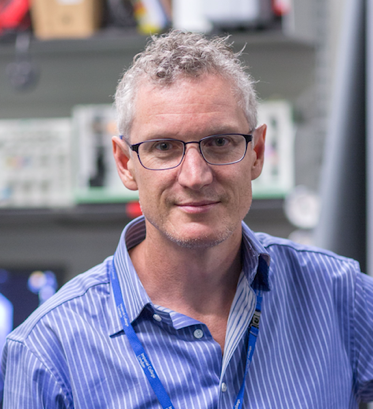
We are delighted to welcome Simon Schultz to the Unit for a year of sabbatical research. Simon is currently Reader in Neurotechnology, and Director of the Centre for Neurotechnology, at Imperial College London. His sabbatical in Oxford is co-hosted by Jesus College, where he is Visiting Senior Research Fellow.
Simon leads a joint experimental and computational neuroscience group, the Neural Coding Laboratory, and is an expert on quantitative techniques for the analysis of optical and electrophysiological neural data. He will use his time in the Unit to progress work on scalable information theoretic data analysis tools for neuroscience, as well as to advance new collaborations with several Unit Groups.
The Unit has been an external affiliate of Imperial College London’s Centre for Neurotechnology, including the EPSRC Centre for Doctoral Training in Neurotechnology for Life and Health, since July 2015.
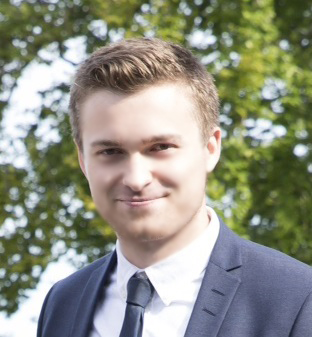
We are pleased to welcome Anders Christian Meidahl to the Unit. Anders has joined Professor Peter Brown’s Group as a D.Phil. student, and will study Parkinson’s disease and its treatment.
Anders graduated with a first-class degree in Medicine from Aarhus University, Denmark, and has since worked as a doctor in the Department of Neurosurgery at the National Hospital, University of Copenhagen. While pursuing his medical degree, Anders studied for a year at Stanford University School of Medicine, USA, under the supervision of Professor David Yeoman, where he used herpes-based gene therapy vectors to manipulate nociceptive neuron excitability after traumatic brain injury. This work won Anders the First Prize at the Danish Neurosurgical Society’s annual Research Competition. During his medical studies, Anders also received a scholarship to study the neuronal connections of the nucleus accumbens using MRI-guided retrograde tracing injections at the Center for Experimental Neuroscience, Aarhus University Hospital, and carried out a pilot Deep Brain Stimulation study to evaluate changes in neuroplasticity in areas connected to this nucleus.
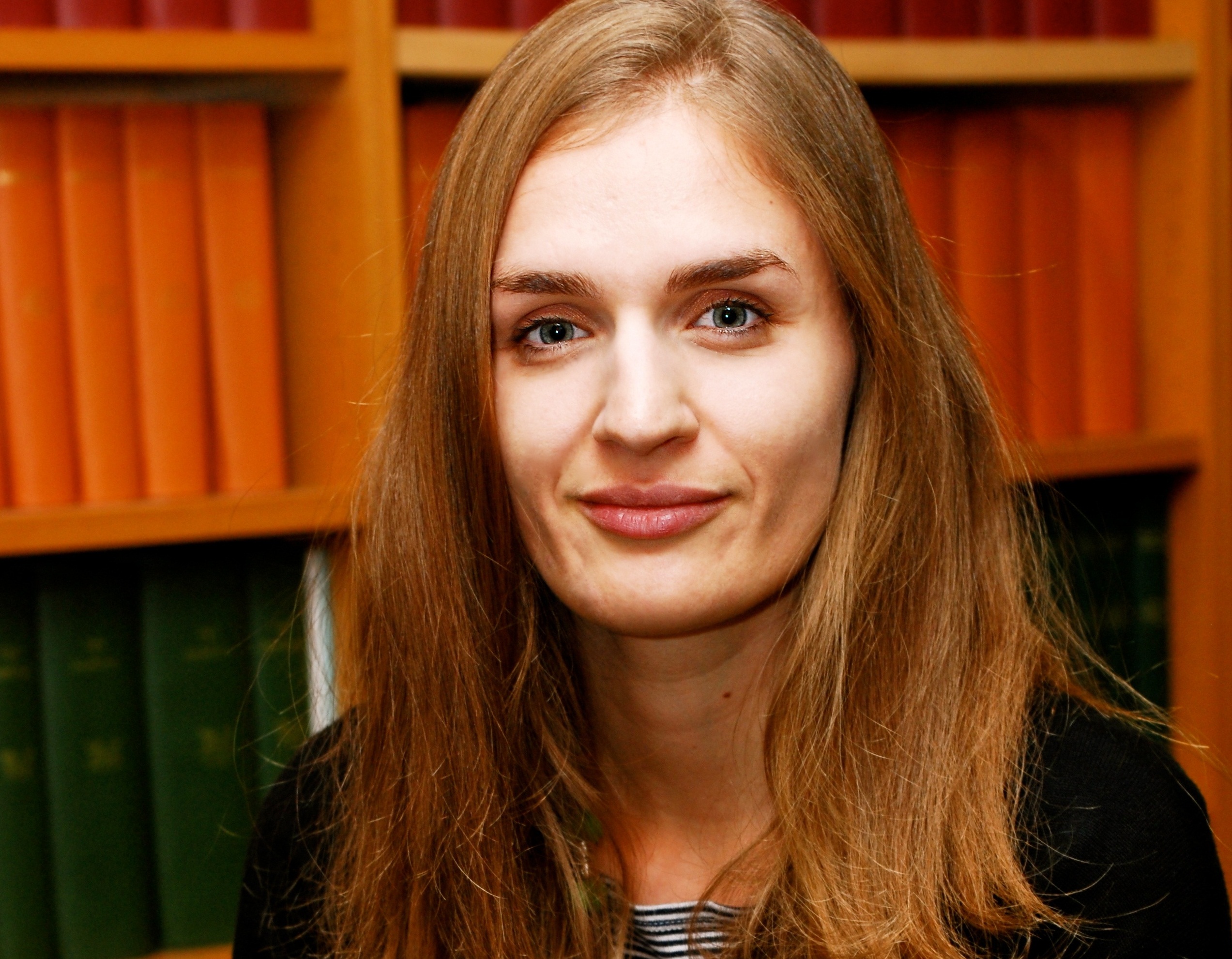
Congratulations to Unit scientist Dr Stéphanie Trouche who has been awarded a prestigious two-year NARSAD Young Investigator Grant by the Brain & Behavior Research Foundation.
NARSAD Young Investigator Grants provide support for the most promising young scientists conducting neurobiological research. The awards are geared towards enabling investigators to extend their research training with a view to transitioning to independence and leadership roles.
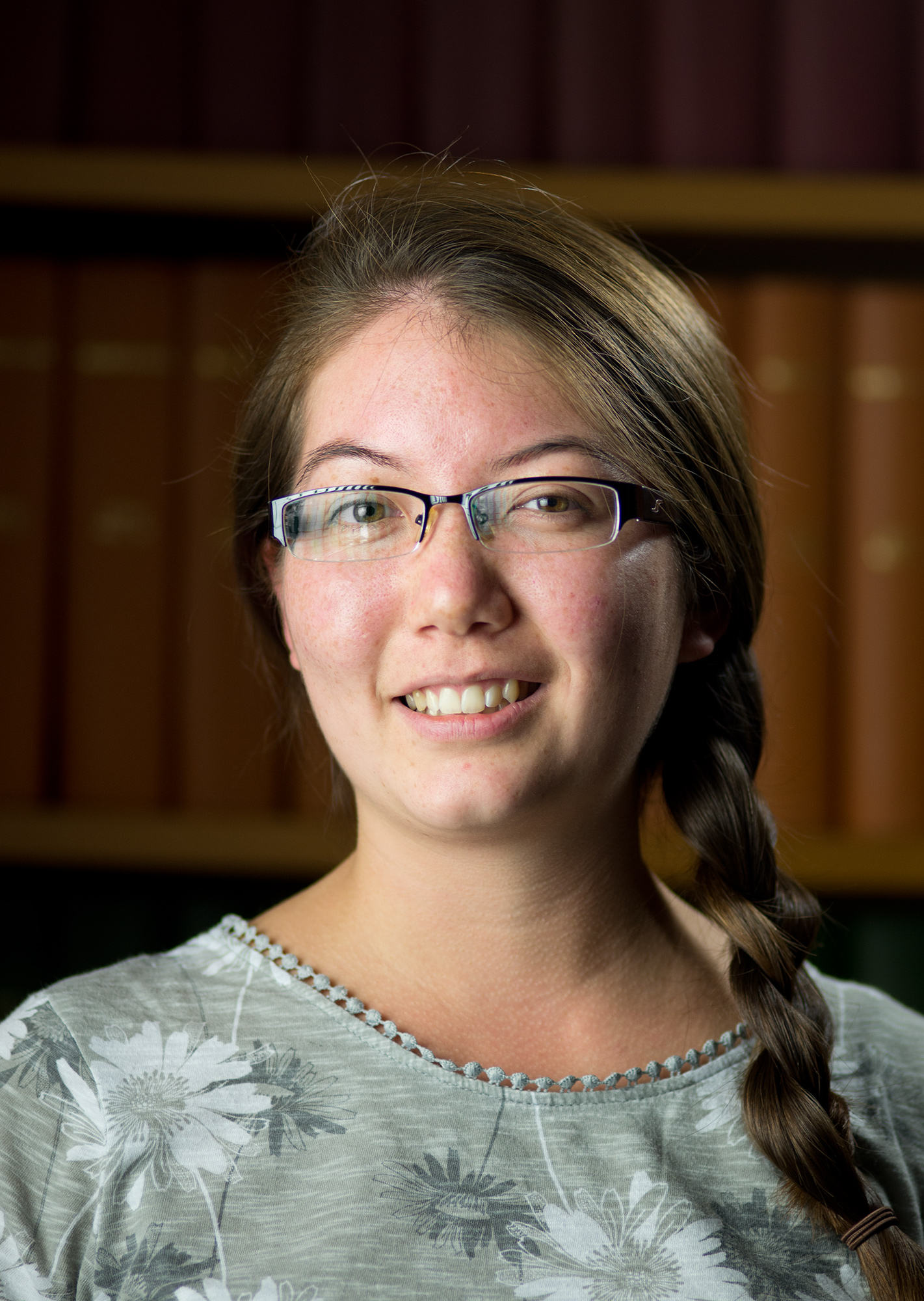
We are delighted to welcome Naomi Berry back to the Unit as a MRC-funded D.Phil. student in the Sharott Group.
After graduating from University College London in 2013 with a B.Sc. in Biomedical Sciences, Naomi worked in London and then in the Unit as a Research Technician, providing support for a variety of neuroscience projects. Naomi’s thesis research will be supervised by Dr Andrew Sharott, and will use a combination of electrophysiological and anatomical techniques to define the roles played by different types of motor cortical neuron in the generation of pathological oscillations in Parkinson’s disease.
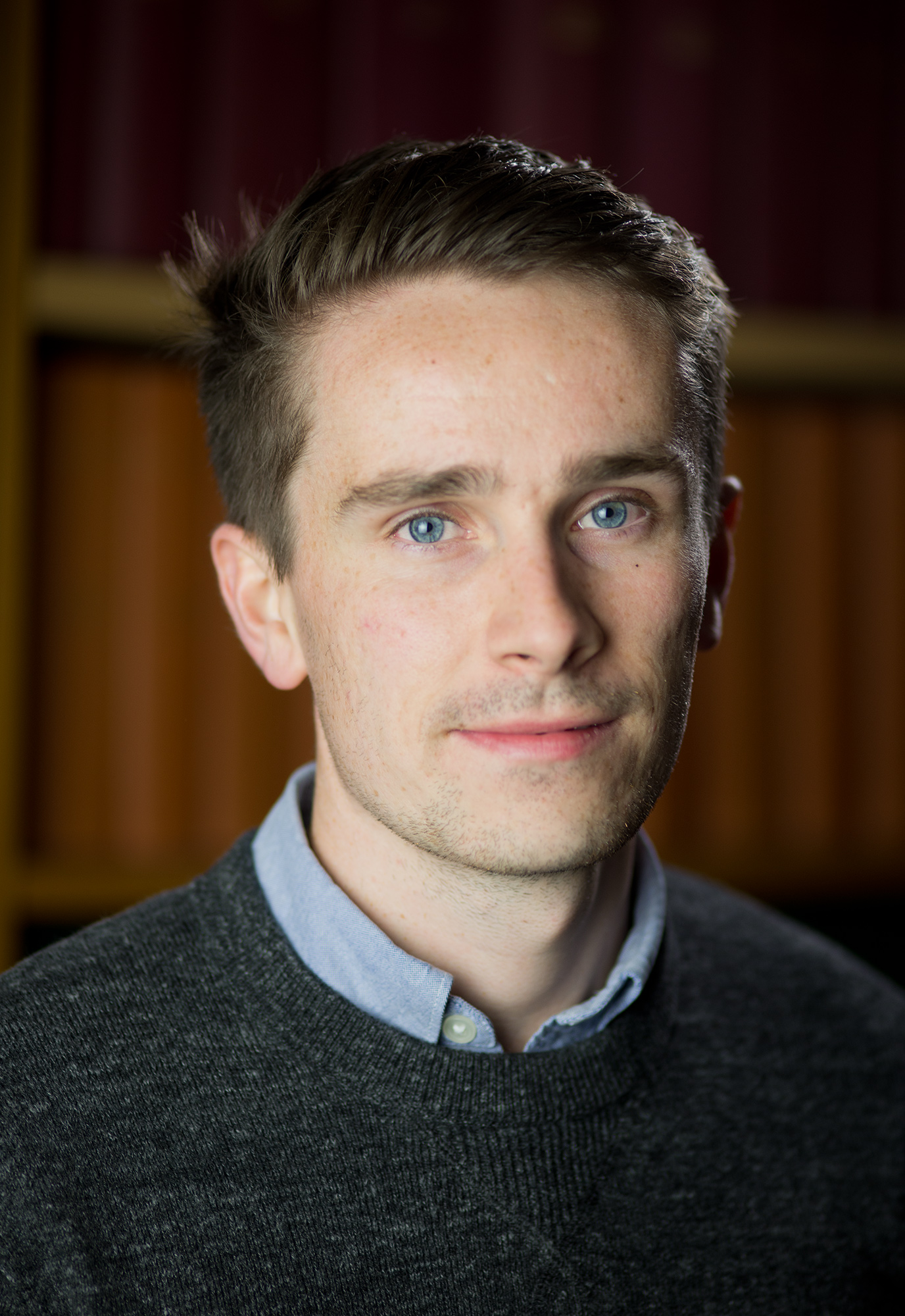
We are pleased to welcome Max Rothwell to the Unit. Max has joined Dr Andrew Sharott’s Group as an MRC-funded D.Phil. student, and will study closed-loop deep brain stimulation approaches for the treatment of Parkinson’s disease. Max has just successfully completed an M.Sci. in Neuroscience at the University of Nottingham, where his integrated research project, carried out in collaboration with Lilly UK, was focused on electrophysiological investigations of brain function.
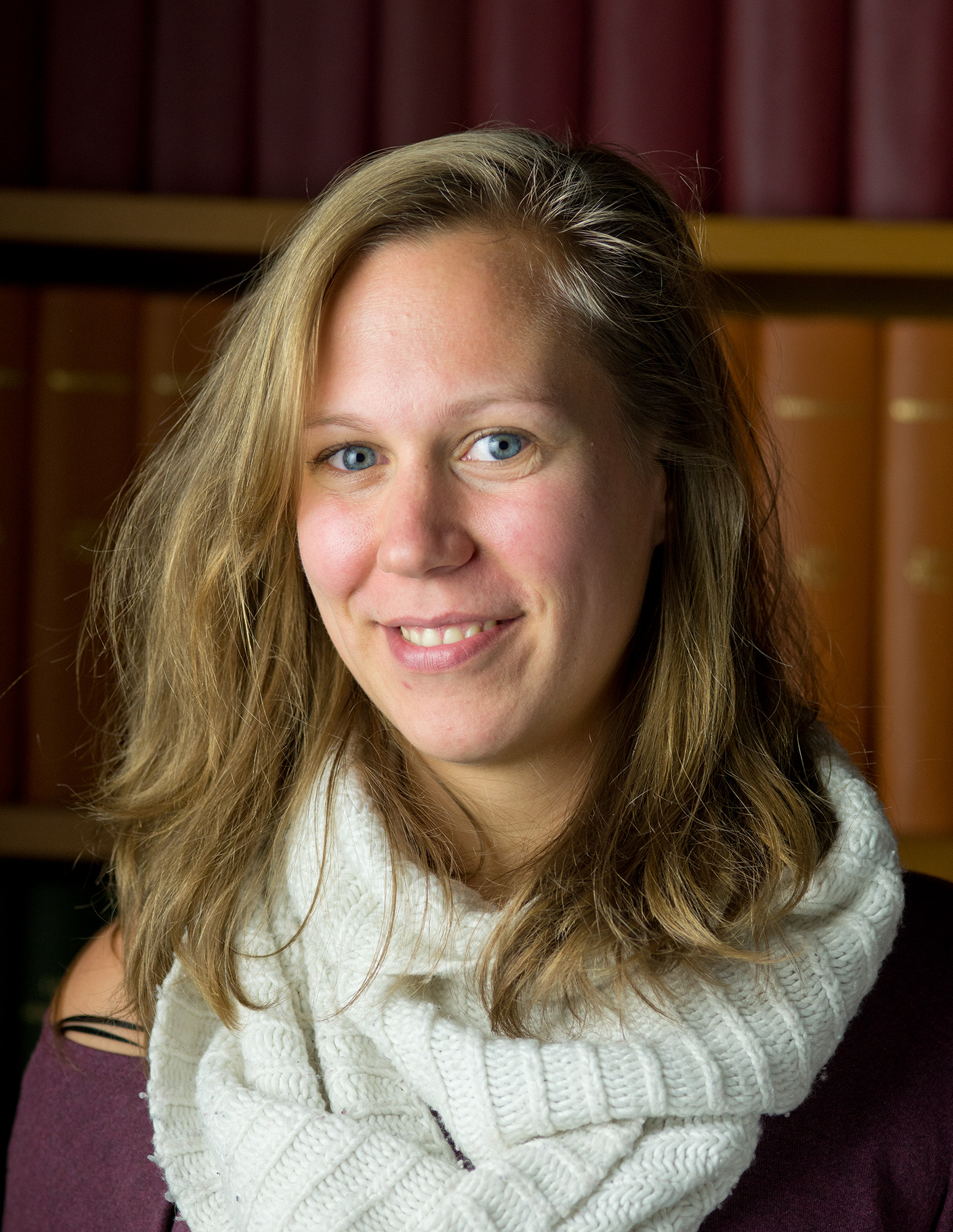
We are pleased to welcome Maaike van Swieten to the Unit as an MRC-funded D.Phil. student in Professor Peter Magill’s Group.
As part of Maaike’s M.Sc. in Neuroscience & Cognition, she completed a research internship at the University of North Carolina, USA, where she used optogenetic manipulations, neuroanatomical tracing techniques and behavioural assays to elucidate the role of lateral hypothalamic neurons in reward processing and feeding. During Maaike’s D.Phil. thesis work in the Unit, she will use similar techniques, together with electrophysiological recordings in vivo, to define the mechanisms by which basal ganglia cells and circuits support purposeful behaviours.
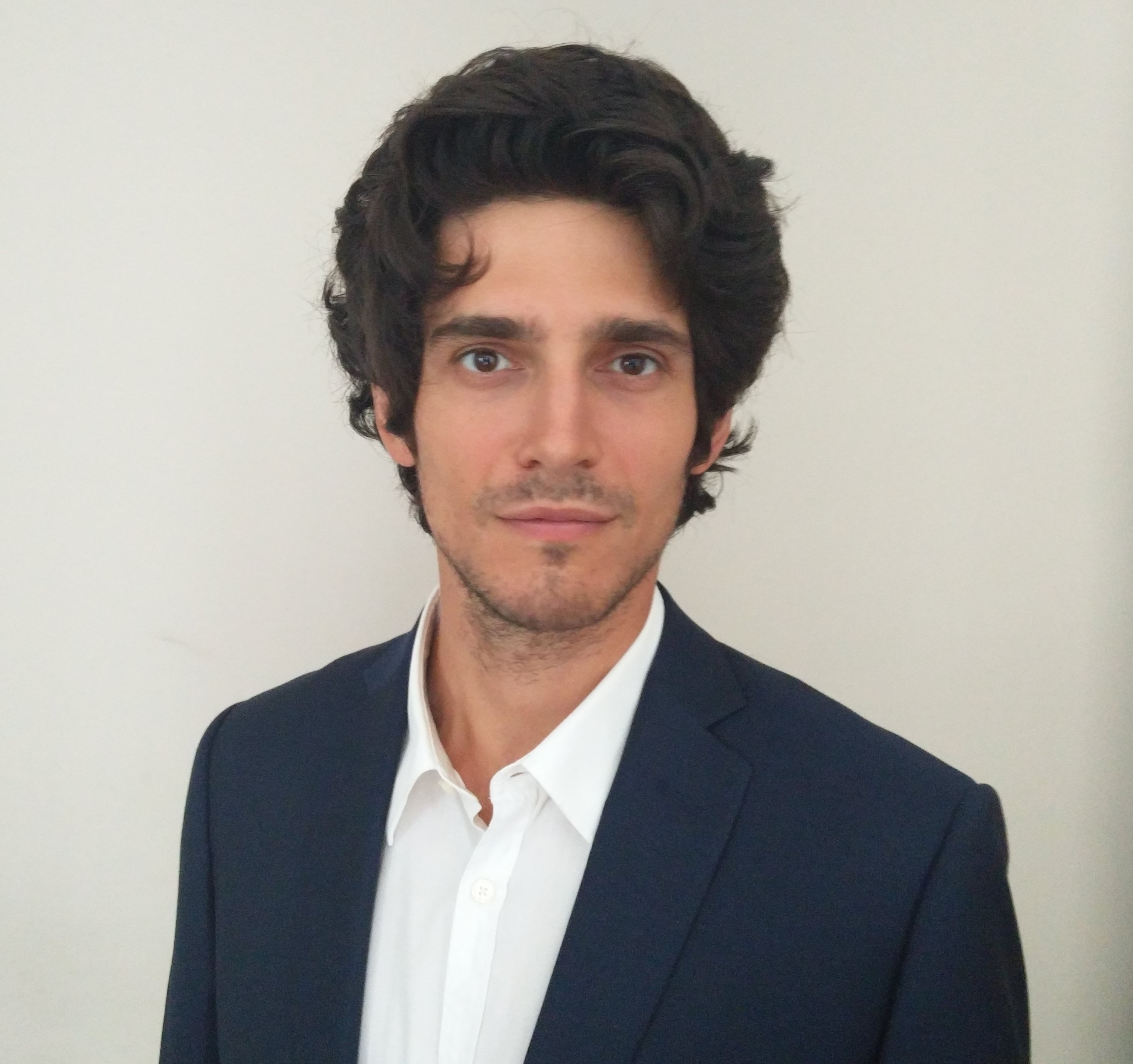
We are pleased to welcome Benoit Duchet to the Unit. Benoit has joined Dr Rafal Bogacz’s Group as an MRC-funded D.Phil. student, and will study the basal ganglia and Parkinson’s disease.
Benoit has an “engineering diploma” from Ecole des Ponts ParisTech, France, and an M.Sc. in Biomedical Engineering from Imperial College London. He has been working in medical imaging R&D in Paris for the past few years.
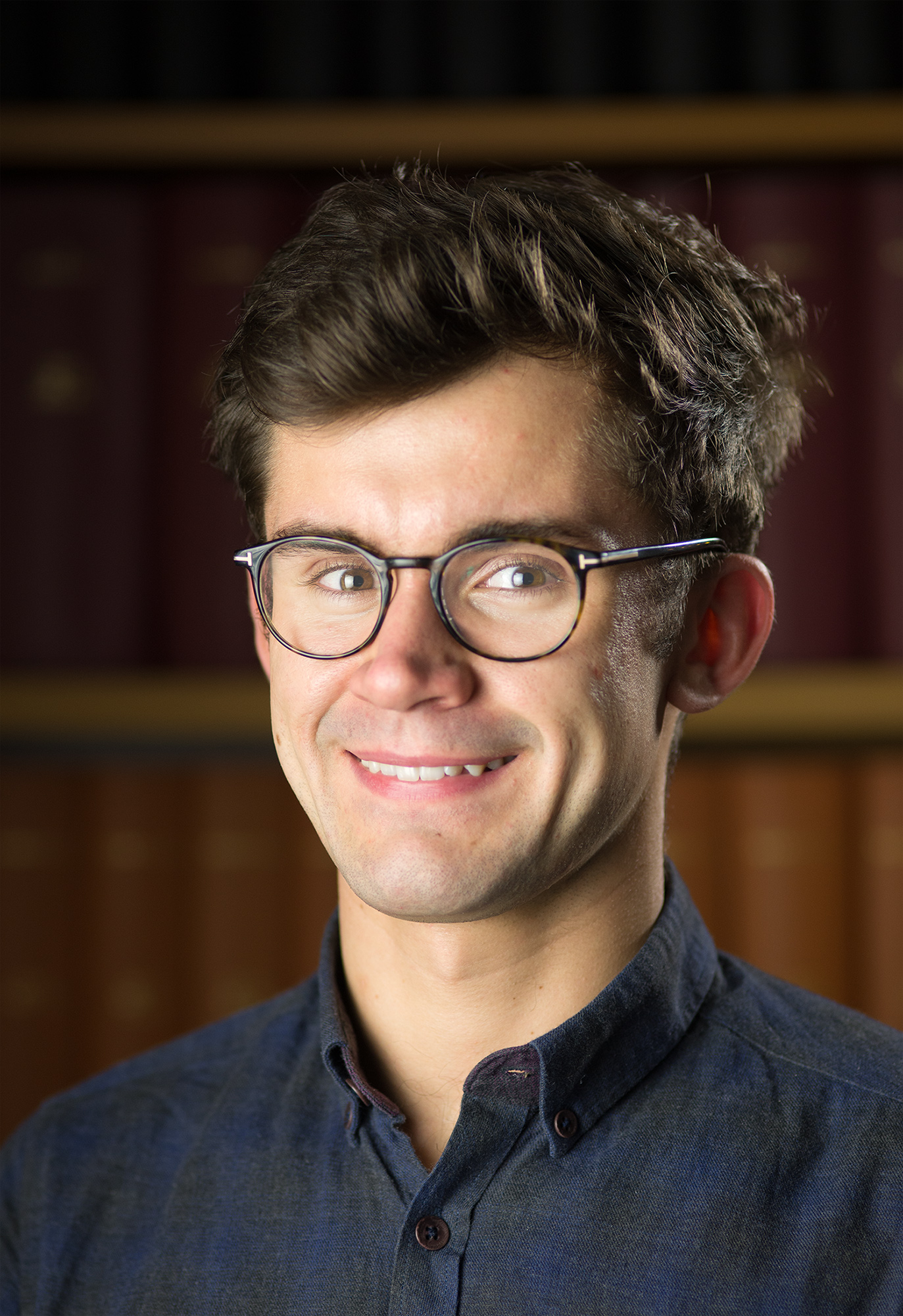
We are delighted to welcome Luke Bryden back to the Unit as a Wellcome Trust-funded D.Phil. student in the Magill Group.
As part of Luke’s recent M.Sc. in Neuroscience studies at the University of Oxford, he completed a highly successful research project in the Unit under the supervision of Dr Emilie Syed and Professor Peter Magill. Luke’s new thesis research will be co-supervised by Dr Paul Dodson and Professor Magill, and will use an advanced combination of electrophysiology, anatomy, and optogenetics to define the roles played by midbrain dopaminergic neurons in behaviour.
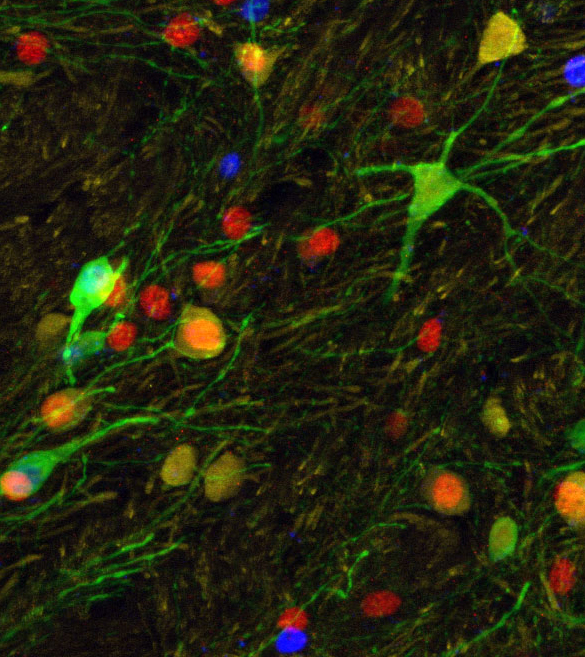
Unit scientists Dr Natalie Doig and Professor Peter Magill are featured in a new podcast, entitled “Going Viral”, launched today by the University of Oxford’s Medical Sciences Division.
The topic of the podcast is viruses - fighting them as well as harnessing them for use in science and medicine. Natalie and Peter discuss how they use modified viruses in their research to map out the connections of specific types of brain cell in health and disease.
The podcast was presented and produced by Dr Carinne Piekema at the University of Oxford, and can be downloaded here.
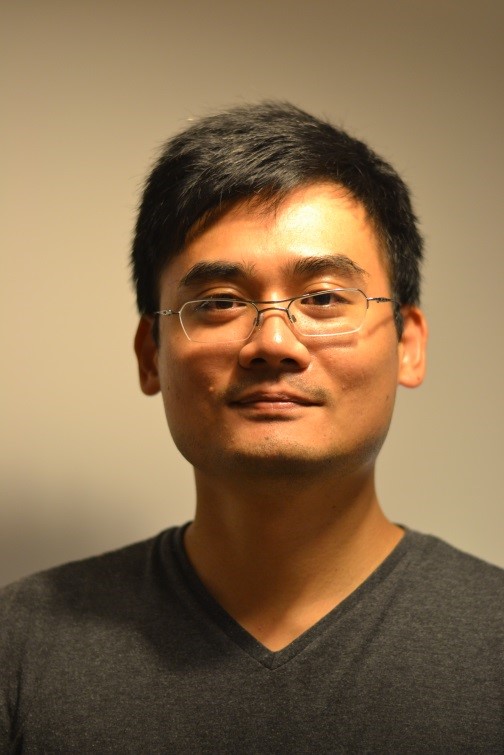
We are pleased to welcome Dr Eric Tam to the Unit. Dr Tam joins Dr David Dupret’s Group as a visiting scientist to progress research on a BBSRC-funded grant awarded in collaboration with Professor David Bannerman (Department of Experimental Psychology, University of Oxford) and Dr Stephen McHugh.
Eric received his Ph.D. in 2011 from the University of Nottingham, where he investigated the role of the hippocampus in appetitive conditioning and interval timing. After his Ph.D., Eric moved to the University of Oxford to work on the role of retinal photoreceptors in modulating recognition memory performance. During his time in the Unit, Eric will examine the role of dentate granule cells in hippocampal network activity in vivo.